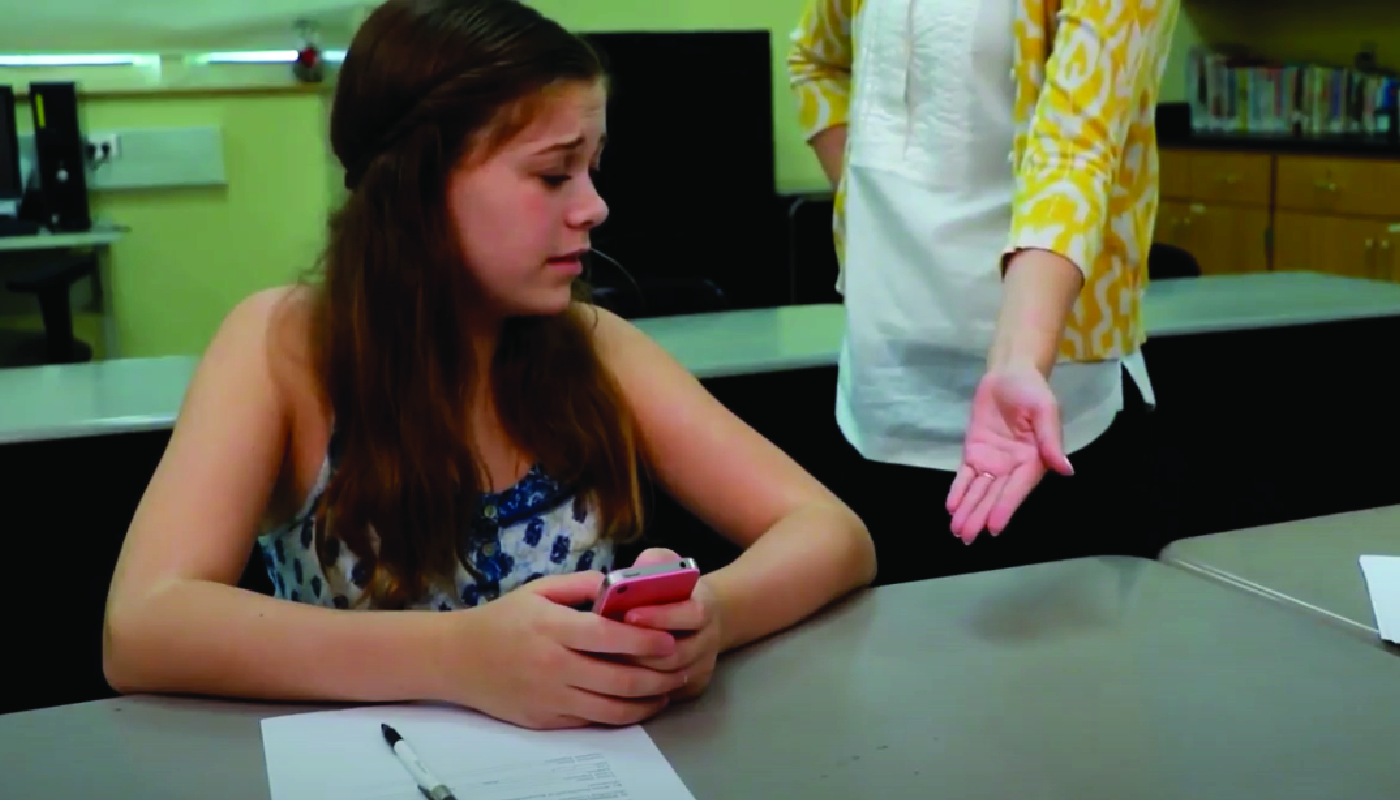
Introduction
In today’s fast-paced world, it is crucial for students to understand the concept of consequences and how to accept them. Consequences are outcomes that follow a behavior, which can be either positive or negative. In this blog post, we will explore a no-prep activity aimed at helping educators teach students about consequences and how to accept them. We will also provide discussion questions, related skills, and next steps for further exploration of this important topic.
No-Prep Activity
This simple yet effective activity requires no preparation or materials and can be easily incorporated into any classroom setting. The activity is called “Consequence Charades.”
- Divide the class into small groups of 3-4 students.
- Ask each group to come up with a list of 5-7 everyday actions or behaviors.
- One student from each group will act out one of the behaviors from their list, and the other group members will guess the behavior.
- After the behavior is guessed, the group should discuss the possible positive and negative consequences of the behavior. Encourage them to think about how accepting or not accepting the consequences could affect the situation.
- Rotate roles within the group until every student has had a chance to act and discuss consequences.
This activity encourages students to think critically about their actions and the potential consequences they may face. It also promotes open communication and teamwork within the group.
Discussion Questions
After completing the activity, use these discussion questions to further explore the concept of consequences and accepting them:
- How did it feel to discuss the consequences of different behaviors? Were there any surprises?
- Can you think of a time when you faced a negative consequence for your actions? How did you handle it? What could you have done differently?
- Why is it important to accept the consequences of our actions, even when they are negative?
- How can accepting consequences help us grow and learn from our mistakes?
- What strategies can you use to stay calm and accept consequences in the future?
Related Skills
Understanding consequences and learning to accept them is a vital component of Social-Emotional Learning. Other related skills that educators might consider teaching alongside this topic include:
- Empathy: Understanding the impact of our actions on others and considering their feelings when making decisions.
- Problem-solving: Identifying and resolving conflicts or challenges in a constructive manner.
- Self-awareness: Recognizing our own emotions, strengths, and weaknesses, and understanding how they influence our actions.
- Responsible decision-making: Making informed choices that consider the well-being of oneself and others.
Next Steps
Now that you have learned about teaching students about consequences and accepting them, consider exploring additional resources and activities to reinforce these skills. To access free samples of materials related to this topic and others, sign up at Everyday Speech.

